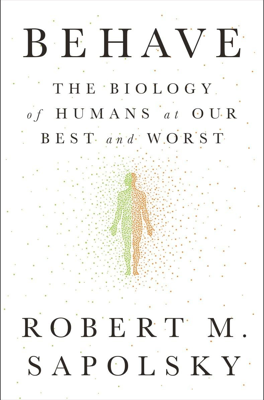Back to the Crib, Back to the Womb
From the Crib and Beyond: Exploring Childhood's Impact on Behavior
Childhood is marked by increasing complexity in behavior, thought, and emotion, progressing typically through universal stages. These stages carry implications for future behavior, highlighting the intricate blend of genetic, social, and environmental factors in human development.
Brain Development and Cognitive Stages
Early brain developments, such as neuron formation and synaptogenesis, shape cognitive and behavioral capacities. The actions of hormones like testosterone and estrogen are pivotal, influencing how neurons and synapses form and how these impact future social and emotional intelligence.
Prominent Cognitive Theories and Stages
- Sensorimotor and Preoperational Stages: Early years focus on understanding through direct interaction and developing symbolic thought without logical reasoning.
- Concrete and Formal Operational Stages: Progressing from logical thinking in concrete contexts to abstract thinking in adolescence, illustrating increasing cognitive sophistication.
Understanding Developmental Influences
External influences on a child, like parental interaction and social environment, dramatically guide developmental trajectories. Child-development theories such as those by Piaget emphasize stages that integrate cognitive growth with experiential factors over time.
Socioemotional Development
The development of Theory of Mind (ToM)—recognizing that others have different knowledge and perspectives—is a milestone in childhood that shapes nuanced social interactions and moral understanding. Emotional empathy develops concurrently but varies significantly based on individual experiences and inherent capacities.
Gender Differences and Hormonal Influences
Prenatal hormone exposure, particularly testosterone, exerts a profound influence on developing gender-specific traits and behaviors. Conditions like Congenital Adrenal Hyperplasia (CAH) and Androgen Insensitivity Syndrome (AIS) highlight the complexity of hormone interactions and their implications for gender identity and behavior. Postnatal experiences further interplay with these biological foundations to solidify gender-related characteristics.
Epigenetics and Development
Recent advances in understanding epigenetic changes have underscored how significant early childhood experiences are in modifying genetic expression without altering the DNA sequence itself. For instance, maternal behaviors can influence stress response genes in offspring, carrying long-term consequences for behavior and stress management.
Broader Insights into Behavioral Development
In synthesizing biological, psychological, and social perspectives, the chapter reiterates that early childhood is a crucial period for foundational development that sets the stage for future behavior and personality. Both adversity and support during these formative years can have lasting impacts, mediated through intricate biological pathways that provide new insights into the prevention and treatment of developmental challenges. This integrative understanding emphasizes the critical need for supportive, enriching environments in fostering healthy developmental processes.
